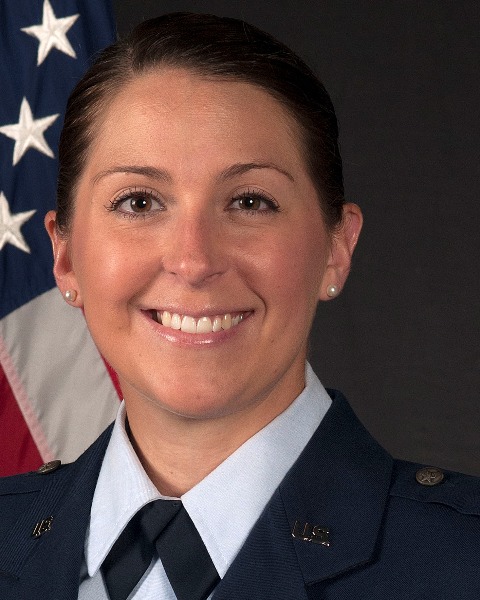Medical Education: Diversity, Equity & Inclusion
Medical Education 16: Potpourri 1
530 - When Taking Pay Off the Table: A Qualitative Study of Gender Equity for Academic Leaders in the US Military
Publication Number: 530.424

Elizabeth V. Schulz, MD (she/her/hers)
Program Director, Neonatal-Perinatal Medicine Fellowship
National Capital Consortium/Walter Reed National Military Medical Center
Bethesda, Maryland, United States
Presenting Author(s)
Background:
Although gender inequity persists in academic leadership positions, the United States (US) military has equitable pay and, in academic pediatrics, has equitable gender representation in leadership positions.
Objective:
To better understand how the US military framework affects physician leaders, pediatricians were interviewed to illuminate the factors that facilitated their success and what barriers they faced in their career.
Design/Methods:
In 2022, semi-structured interviews were conducted with 13 male (31%) and female (69%) pediatricians serving in the US military. These pediatricians were in leadership positions of academic medicine across 7 graduate medical education (GME) sites. The interviews examined the leaders’ perceptions of facilitators and barriers to their success. The authors analyzed the interviews using Acker’s theory of gendered organizations, which explains embedded gender roles within work environments.
Results:
Participants described several facilitators to their success, including the availability of mentorship/sponsorship, inclusive leadership, and early and persistent exposure to women leaders in GME training and beyond. However, unlike men, women often described barriers to achieving equitable success. Participants’ experiences can be characterized by a pervasive ideology in academic medicine that supports the notion of an ideal worker. Because medicine’s ideal worker was normed around the traditional roles of men, men observed and women experienced barriers to leadership success around issues related to childbearing, maternity leave, and microaggressions.
Conclusion(s):
This study revealed that equitability for pediatric GME leadership in the military heavily relied on structures and support created by former leaders and mentors. Isolating these structures within a unique context of military academic medicine can illuminate physicians’ experiences to address barriers and better support equitable leadership roles in academic medicine.
